Magazine
Design incorporates objects, people,
ideas based on the small pleasures of everyday life.
Meet your wonderful design world with the DDP Design Fair.
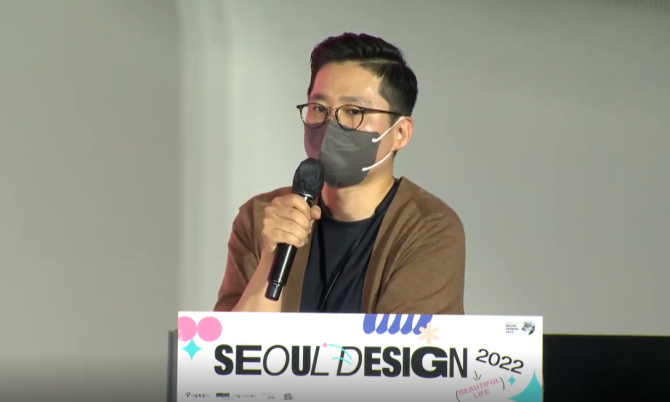
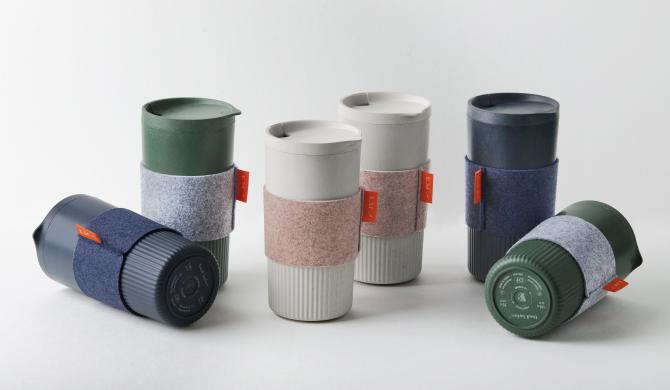
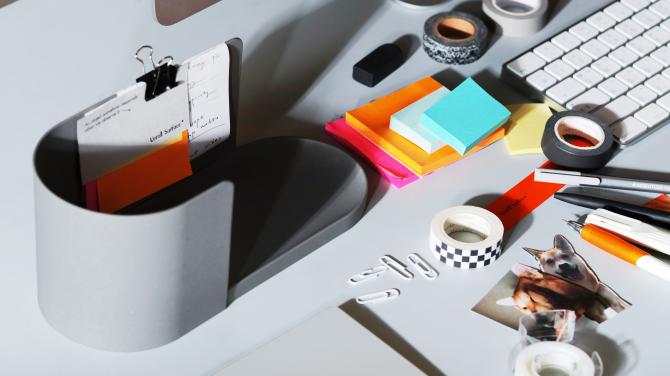
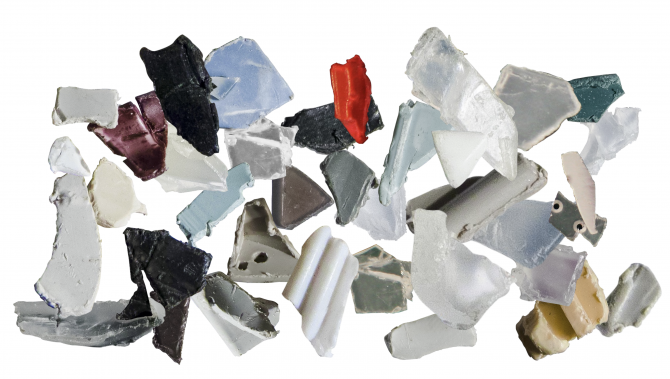
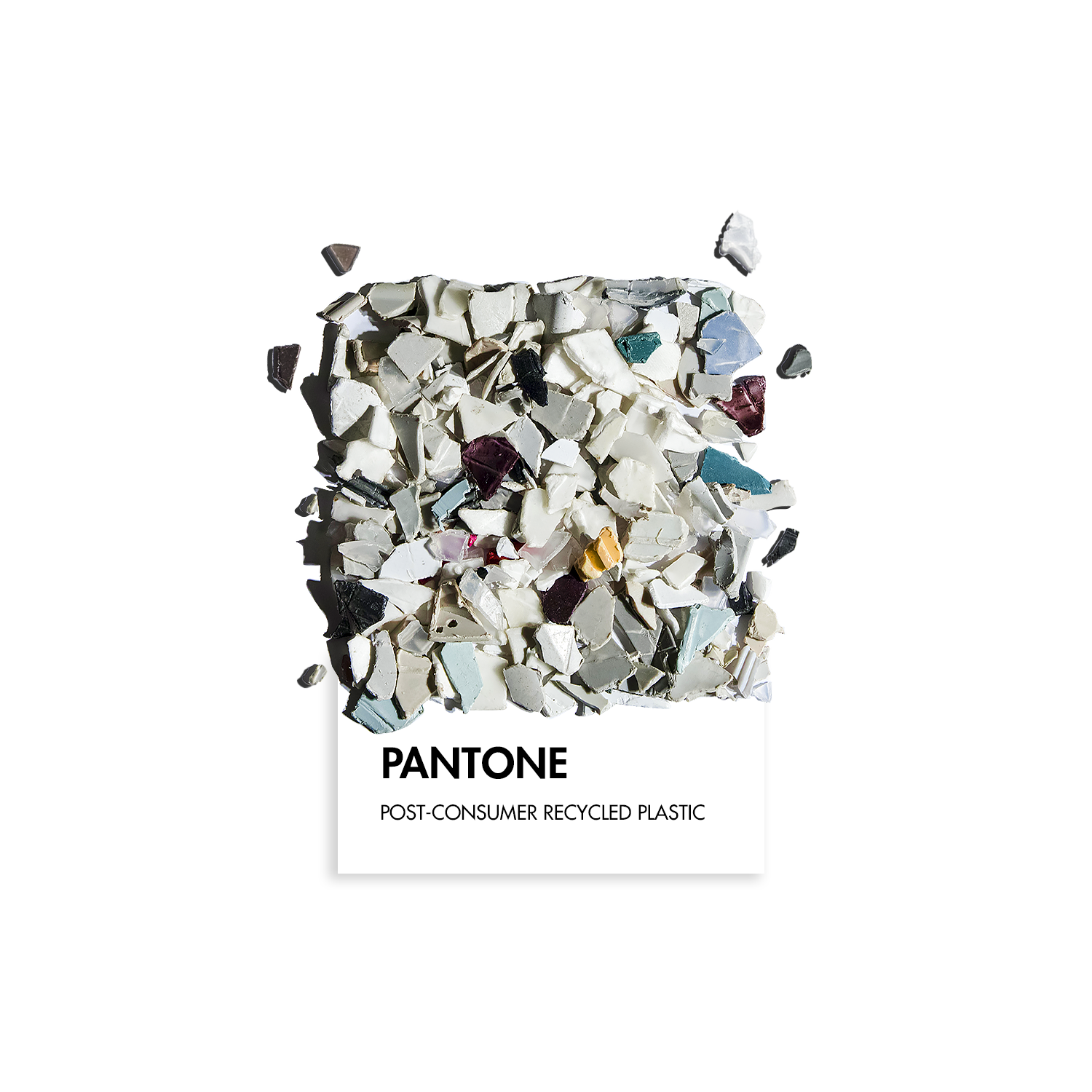
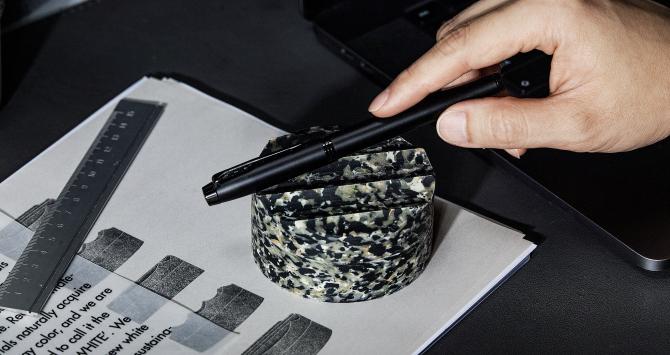
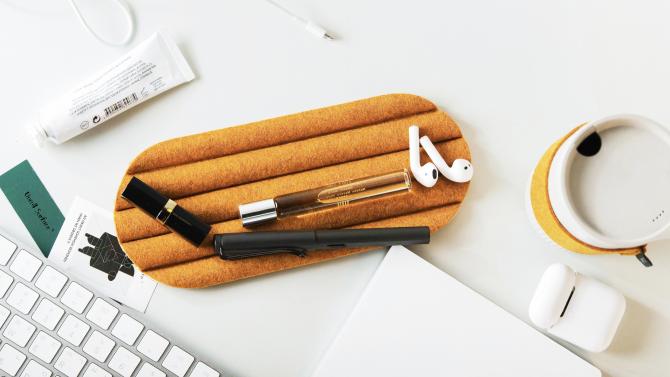
The Shift from User-centric to Manufacturing-based Perspective
LAB. M. 0 CEO, Maezm Co-founder Shin Taiho
“User-centric” is the most trending topic in the design industry of the 21st century. The user is the main focus of the user-centric design methodology. So, the focus is on the user's experience. Functionality can be a very important factor to create a satisfying user experience. However, the focus on functionality caused many problems. The recent trend of sustainability raises a question: Is it right to focus on the user’s functions? So today, I would like to introduce the material-driven design methodology. It can be said that material, which had been considered during the last stage of manufacturing, now comes before planning and leads the overall design methodology.
Our company name is M.0 (Material Zero-base). It means to see materials with zero (0) base. We do research on materials and translate research findings into products. We are making home and living products with alternative sources of energy, including biofuel, instead of new plastics made from petroleum.
I will explain based on our design results. One of them is our company's most recent product, a tumbler. It looks like an ordinary cup, but when you look at the bottom, you can see the unique characteristic of this product: “from wood to ground”. It is made from a wood-based biomaterial, which completely returns to nature after disposal, but can be used as ordinary plastic. In other words, it is a product that slowly decays and disappears. It is called Reet Cup. Reet comes from the English word tree by moving the letter t to the back of the word. We wanted to convey the message that our product can return to nature and become a tree again.
To explain a little about our material, it all boils down to the difference in molecular weight. Plastic is a polymer material with high molecular weight, so the molecules are heavy. The molecules hold each other more tightly, making it difficult to break a group of molecules linked together. The molecular weight of Reet Cup is almost one-fourth of that of plastic, which is similar to that of wood. So, it takes 20-30 years to decompose.
Our brand philosophy is to tell more diverse stories behind what is visible on the surface of the product. That is why our brand name is Unroll Surface, which means to “spread the surface”. It is intended to rethink plastic materials that we have taken for granted by looking at the material beneath the surface.
Our next product is made from recycled plastic, which is commonly called PCR plastic. Once thrown away and sorted, plastic will be shredded into flakes. The plastic flakes are melted and turned into small granules. The reason why we convert them to granules is to make them suitable for injection molding. When various kinds of plastic pieces are melted and mixed together, a gray color is created. Another additive is required to get a true white color, so we call this gray the new white. This product is an organizer that can be used to store pens or small items on a tray. It has a dull gray color since it is made from recycled material, but its variety of uses outweighs this disadvantage.
And, the next product I would like to introduce is a stone made from recycled plastic. This product is commonly referred to as paperweight. We collect plastic materials from discarded products, crush them into flakes and compress them into large panels. Then, they are processed by a CNC cutting machine and manufactured into products, such a paperweight. If you take a closer look, their surface is not smooth or neat. They are not even uniform in shape. Since they are made from recycled material, a mixture of various kinds of materials, they are inevitably different from petroleum-based plastics. However, this is considered as an advantage instead of as a drawback. Their natural pattern and texture properties diminish the artificial feeling of plastic.
What comes next is a product which uses felt made from recycled PET bottles. The first product is a pen tray. As it is made of soft felt, you can style your own space on your desk with this pen tray. PET bottles can be a high-quality material when they are well collected after use. Seoul city currently collects and recycles transparent PET bottles separately. The collected PET bottles are shredded into flakes. They are melted and processed into granules, also known as pellets, and then are melted again and spun into thin threads. Unfortunately, only 10% of fibers are used to make clothes in the industry, and we want to develop them into more useful products in our daily lives. We are currently developing various products other than pen trays.
I would also like to introduce one of our collaborations. It is a set of a cute flower pot and trowel with Snoopys on them, which is developed by Unroll Surface in collaboration with Snoopy Garden. It used a plant-based plastic material called PLA, an example of biodegradable plastics. It is made of cellulose that exists in nature, such as corn starch or seaweed, and can be easily degraded by microorganisms. We went through a lot of difficulties during the production process, but in the end, we were able to acquire a care certification from Snoopy headquarters for the first time in the world.
The source of our various stories about plastic we have talked about so far is the magazine we published called “Matter”. Matter, which means substance, is the origin of the word material. Interestingly, it comes from the Latin word for “mother”. The magazine does not provide technical knowledge about materials, but tells stories of the world viewed through the lens of materials. Plastic was selected as the first material and theme for the magazine.
Our company was established with the aim of creating “sustainable materials and products to improve the natural environment and our living environment”. To realize this, our research institute researches materials, our brand — Unroll Surface — presents a lifestyle based on sustainable materials and products, and we create content that tells the stories of the world centered on materials. In line with the material-driven design methodology, we will continue to make efforts to create sustainable designs by prioritizing “material”, which had been considered as a factor for the stage of manufacturing and not considered as important factors, such as users, uses and functions, in various business fields.
| 이전글 | Mirror Peep: A Mirror Object with a Sense of Humor and Warmth |
|---|---|
| 다음글 | Sustainable Designs Through Collaboration |







